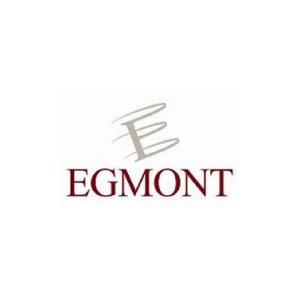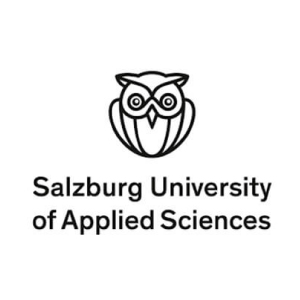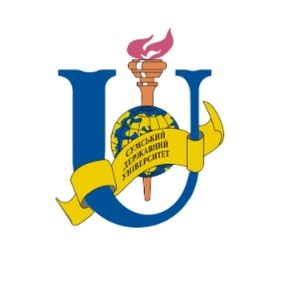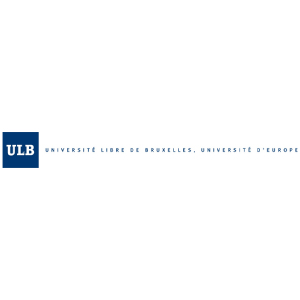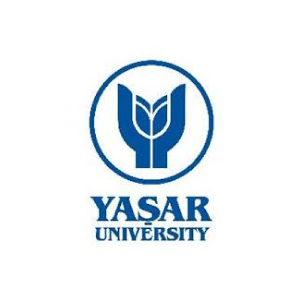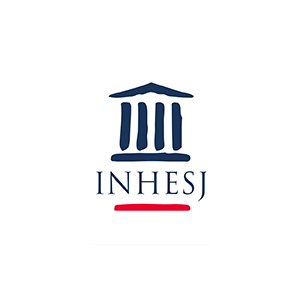The Royal Institute for International Relations is an independent think-tank funded largely by the Belgian Ministry of Foreign Affairs, that produces scientific and practical knowledge on major international policy issues.
The EFTS research unit examines the pedagogical and educational measures implemented to prevent or counter violent extremism. It assesses the cognitive, educational, psychosocial impact of counter-discourses and prevention programs.
The CNRS Laboratory, located in France, brings together social scientists to study the evolution of individuals’ religious and convictional attitudes, as well the evolution of Church-State relations in the world and secularist regimes.
The Research Group on Social Innovation is engaged in several projects and activities with a focus on early prevention, democratic dialogue and inclusive citizenship education.
The Centre aims to bring together academics, the public, volunteer and non-governmental organizations, and to encourage expertise in the analysis of security issues in the Sumy region.
DiverCity, which focuses on diversity consultancy, is a Belgian academic spin-off closely associated with the Université Libre de Bruxelles’ (ULB) Group for Research on Ethnic Relations, Migration & Equality.
This Centre’s goal is to stimulate and strengthen Yaşar University’s involvement in the European Union education and research programs, and monitors the developments in this field.
Through a network of public and private partnerships, the ISD fights extremism and polarization through the promotion of civic culture in terms of freedom, openness and respect for the rights of others.
The INHESJ is a French public administrative institution, studying public policies in the field of security, justice, intelligence and economic security, as well as risk and crisis management.

